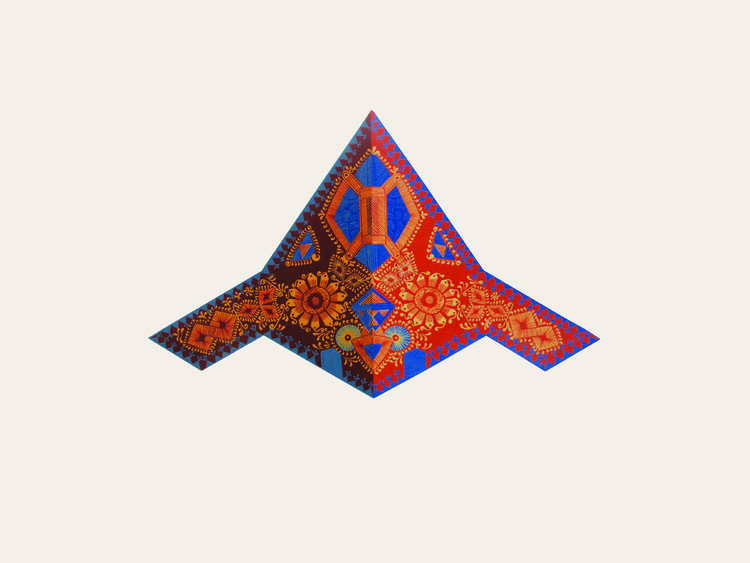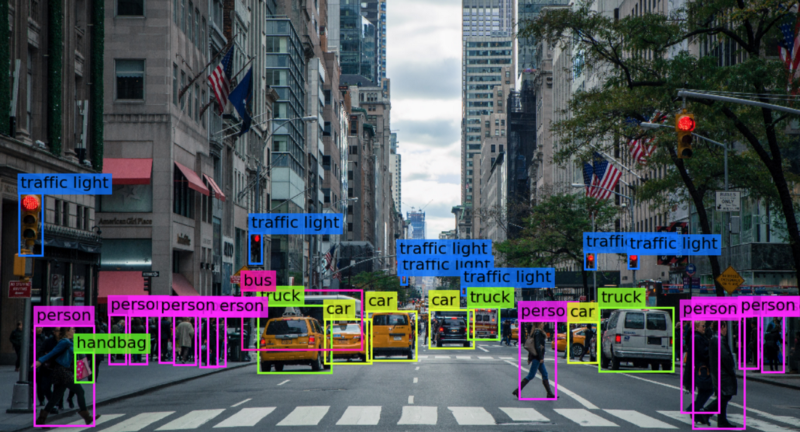Kevin Witzenberger’s recent paper “Why EdTech is always right: students, data and machines in pre-emptive configurations” in collaboration with Prof. Kalervo Gulson is published in Taylor & Francis journal. The paper looks at the use of pre-emptive methods within education.
Pre-emption describes a system of automated knowledge creation and intervention that steers the present towards a desirable future, by building on knowledge derived from the past. Folding together temporalities makes it impossible to disprove pre-emption. It is increasingly featured within EdTech, introducing new forms of automated governance into education. This paper examines how students and EdTech come together to make pre-emption possible, not as a single event but as a normalised governance instrument. For this, we introduce Lucy Suchman’s idea of configuration to examine pre-emptive EdTech. The paper presents three openings into the configuration of students and pre-emptive EdTech. These include observations from an EdTech trade show; interviews with insiders of technology companies; and analysis of accepted papers to a learning analytics conference. We conclude the data used at the heart of pre-emptive EdTech seeks to exclude students and configures them as absent. Yet, its interventions have material consequences.
URL: https://www.tandfonline.com/doi/full/10.1080/17439884.2021.1913181
Kevin Witzenberger is a Scientia PhD candidate at the University of New South Wales, Sydney, Australia. His dissertation investigates forms of automated governance within education. Kevin is interested to understand the shifting power relations as tools of automated governance transform into fully automated technical systems. He also received the HDR Research Output Award for publishing in a Q1 journal from the faculty for this article.
Kevin can be reached at @KevinWtz





















